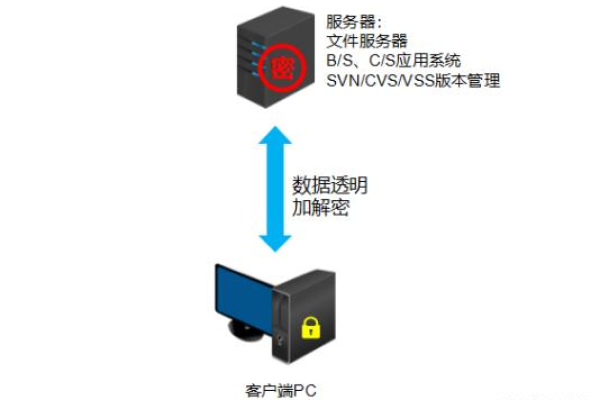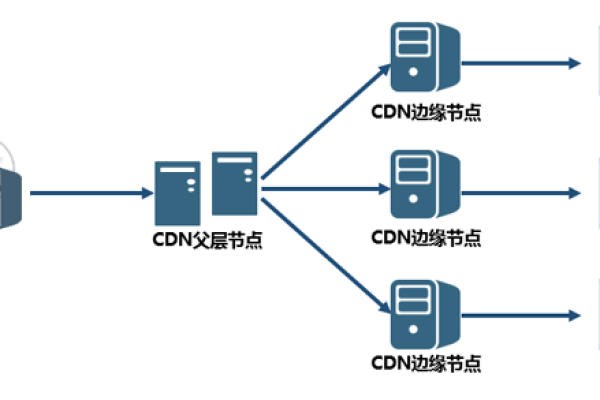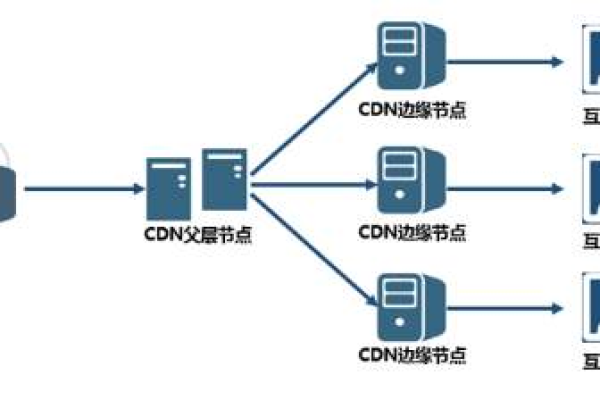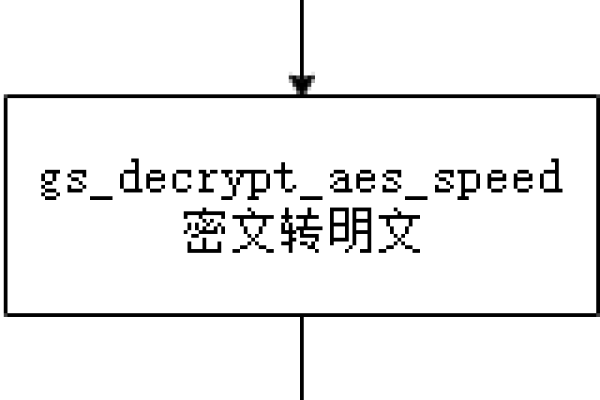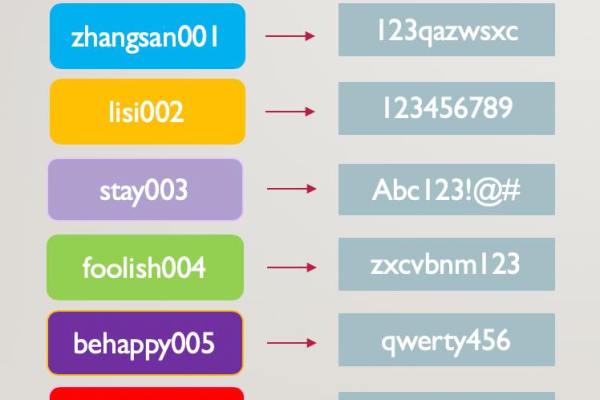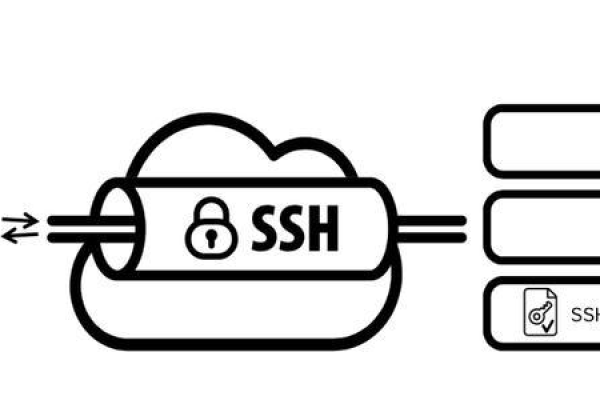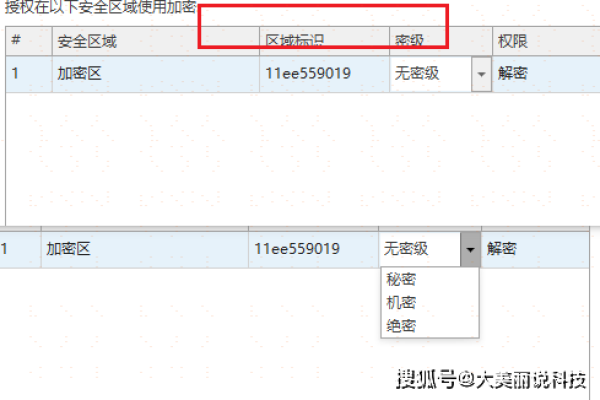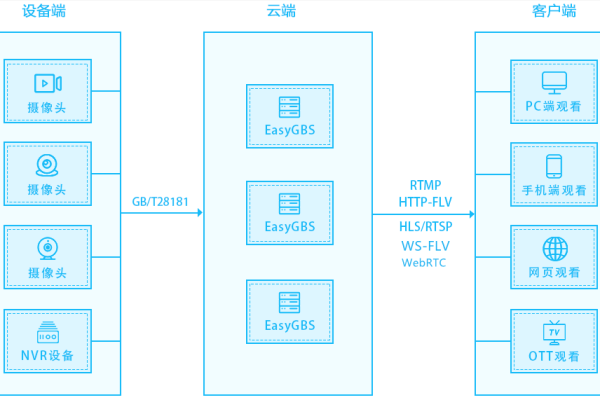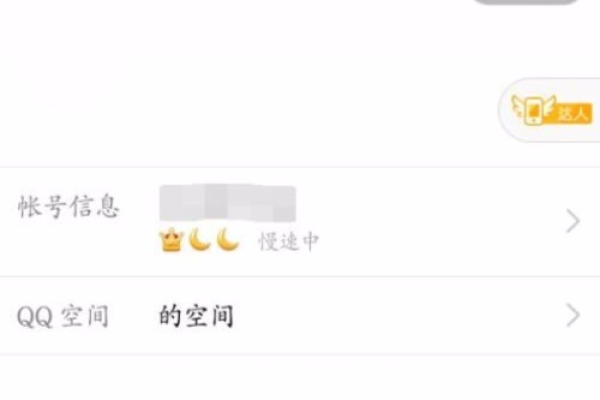如何使用CryptoJS实现AES加密和解密?
- 行业动态
- 2025-01-23
- 4
CryptoJS 是一个 JavaScript 加密算法库,用于在客户端浏览器中执行加密和解密操作,它提供了 AES(高级加密标准)等多种加密算法的实现,以下是关于 CryptoJS 和 AES 的详细内容:
1、AES 工作原理
密钥扩展:将密钥扩展为加密算法所需的轮密钥。
初始轮:将明文分成块,并与第一轮密钥进行异或。
多轮加密:将初始轮产生的结果反复进行多轮加密,每轮使用不同的轮密钥进行加密。
最终轮:在最后一轮加密中,将块进行加密,但是不再进行下一轮加密,而是直接输出密文。
2、CryptoJS 中的 AES 加密和解密
加密:使用CryptoJS.AES.encrypt() 方法结合生成的私钥 key 和偏移量 iv 加密数据。
解密:使用CryptoJS.AES.decrypt() 方法结合 key 和 iv 解密数据。
3、常用 AES 模式
CBC:最常用的 AES 模式,通常用于加密较长的数据,它需要 IV(初始化向量),并且每个数据块的加密依赖于前一个数据块。
ECB:电子密码本模式,不需要 IV,但容易受到模式分析攻击,因此不推荐在安全要求较高的场合使用。
CFB 和 OFB:这些模式在某些场景下使用,适用于流加密,但通常不如 CBC 安全。
4、安装和引入 CryptoJS 库
Node.js:可以通过 npm 安装:npm install crypto-js。
浏览器环境:可以通过 CDN 引入:<script src="https://cdnjs.cloudflare.com/ajax/libs/crypto-js/4.0.0/crypto-js.min.js"></script>。
5、示例代码
加密:
const CryptoJS = require("crypto-js");
function encrypt(message, secretKey) {
return CryptoJS.AES.encrypt(message, secretKey).toString();
}
const secretKey = "your-secret-key";
const message = "Hello, World!";
const encryptedMessage = encrypt(message, secretKey);
console.log("Encrypted Message: ", encryptedMessage);
解密:
function decrypt(ciphertext, secretKey) {
const bytes = CryptoJS.AES.decrypt(ciphertext, secretKey);
return bytes.toString(CryptoJS.enc.Utf8);
}
const decryptedMessage = decrypt(encryptedMessage, secretKey);
console.log("Decrypted Message: ", decryptedMessage);
6、注意事项
确保密钥的安全存储,以防止数据泄露。
根据应用需求选择适当的加密模式及其配置。
7、常见问题及解答
Q: CryptoJS 中的 AES 加密是否支持多种字符编码?
A: 是的,CryptoJS 支持多种字符编码,如 Utf8、Latin1 等,在加密和解密时,可以根据需要指定字符编码。
Q: 如何确保 AES 加密的安全性?
A: 确保使用足够复杂且安全的密钥,并采用合适的加密模式(如 CBC),注意保护密钥不被泄露,并在传输过程中使用安全的通信协议(如 HTTPS)。
8、小编有话说:CryptoJS 是一个非常方便的 JavaScript 加密库,它提供了丰富的加密算法和灵活的配置选项,在使用 AES 加密时,务必注意密钥的安全性和选择合适的加密模式,希望本文能帮助你更好地理解和使用 CryptoJS 进行 AES 加密和解密。
